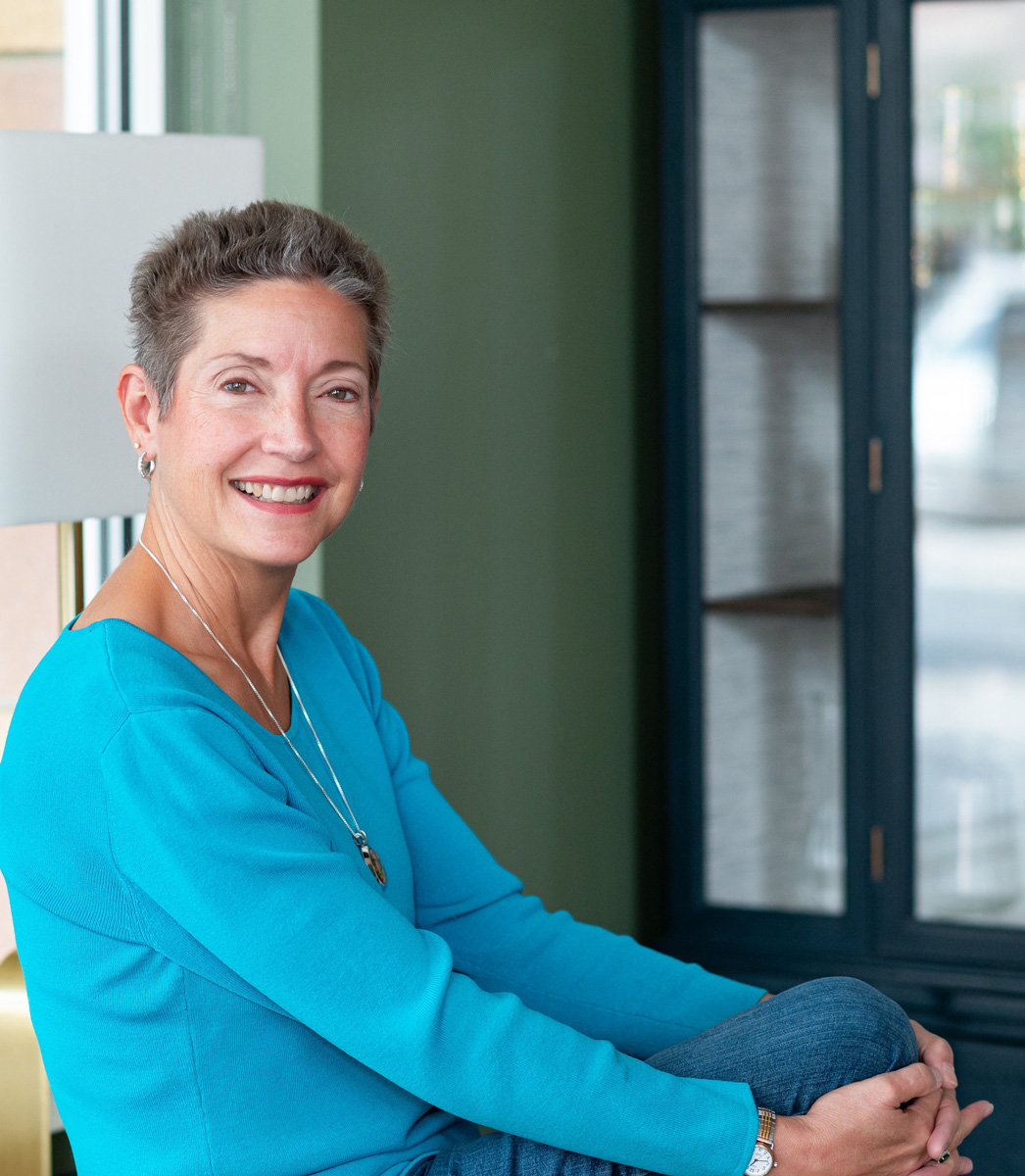Parents who are looking for ways to assist their children in being better students and ultimately living happier more productive lives as adults will find PSYCH-K® a highly valuable resource. Parents who are looking for ways to help their children better deal with stress will find great benefit with PSYCH-K® as well.
Children of the 2000’s are under immense amounts of stress from many different sources. Parents tend to have less time with their children as both mother and father are working at least one full time career.
There is a general societal pressure placed on parents to push children to get high scores on tests so they are considered successful. Additionally, many children feel pressured to be highly competitive, even combative through martial arts programs, which may not in be their child’s true nature.
Parents also experience societal pressure to place their children in dance, art, drama, music, soccer, football, basketball, and other sports to “keep up with the other kids” so they won’t get left behind.
Since many public schools have eliminated arts and sports programs from the normal school day due to budgetary cuts, parents extend extracurricular programs into the evening hours thus minimizing high quality parent-child interaction time. Quality family time is therefore “sacrificed” for extracurricular activities. A child experiences a loss of their most valuable resource, the parents, and can develop stress reactions as a result of the loss of quality parental interaction.
With all of these added pressures, children aren’t able to be children. Casual play, being creative, daydreaming and exploring their world as children of earlier generations did is no longer the norm. As a result younger and younger children turn to drugs, alcohol, smoking, sex, “cutting” and other means of numbing themselves to the pressures they experience in their world which seem too overwhelming to deal with. All too often children lack coping skills for these pressures.
PSYCH-K® offers parents a means of assisting their children with coping tools and re-assessing life from different angles. When parents begin realizing all the pressures they themselves are under as adults, they begin re-evaluating the lifestyle they are creating for their children and new dialogs, understandings, and patterns emerge for a healthier family.
Pressures can be decreased, more quality inter-family dialog and time increase and stress reactions are reduced for everyone in the family.



